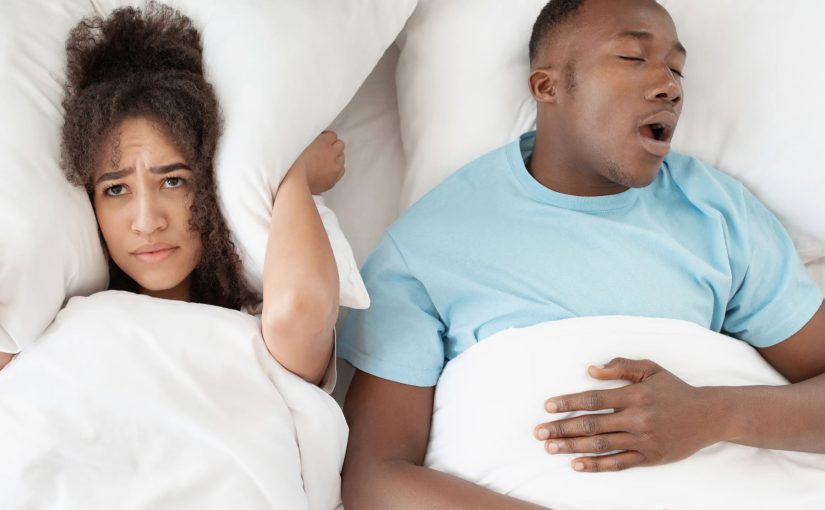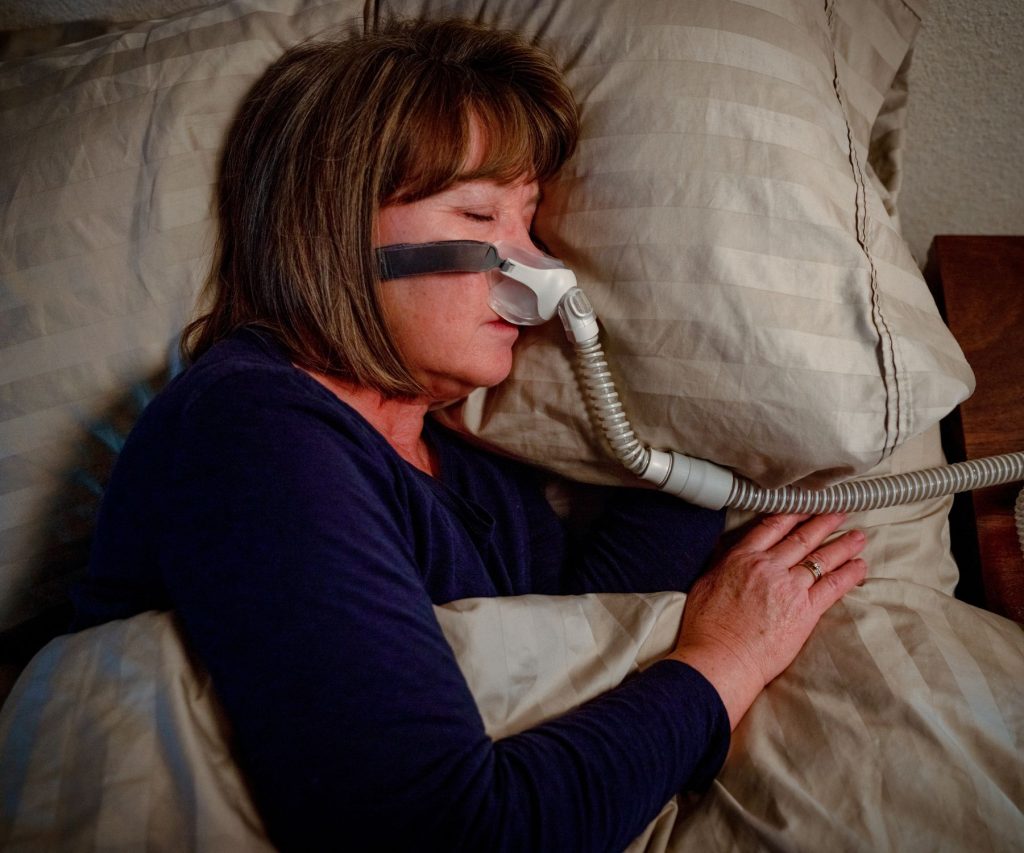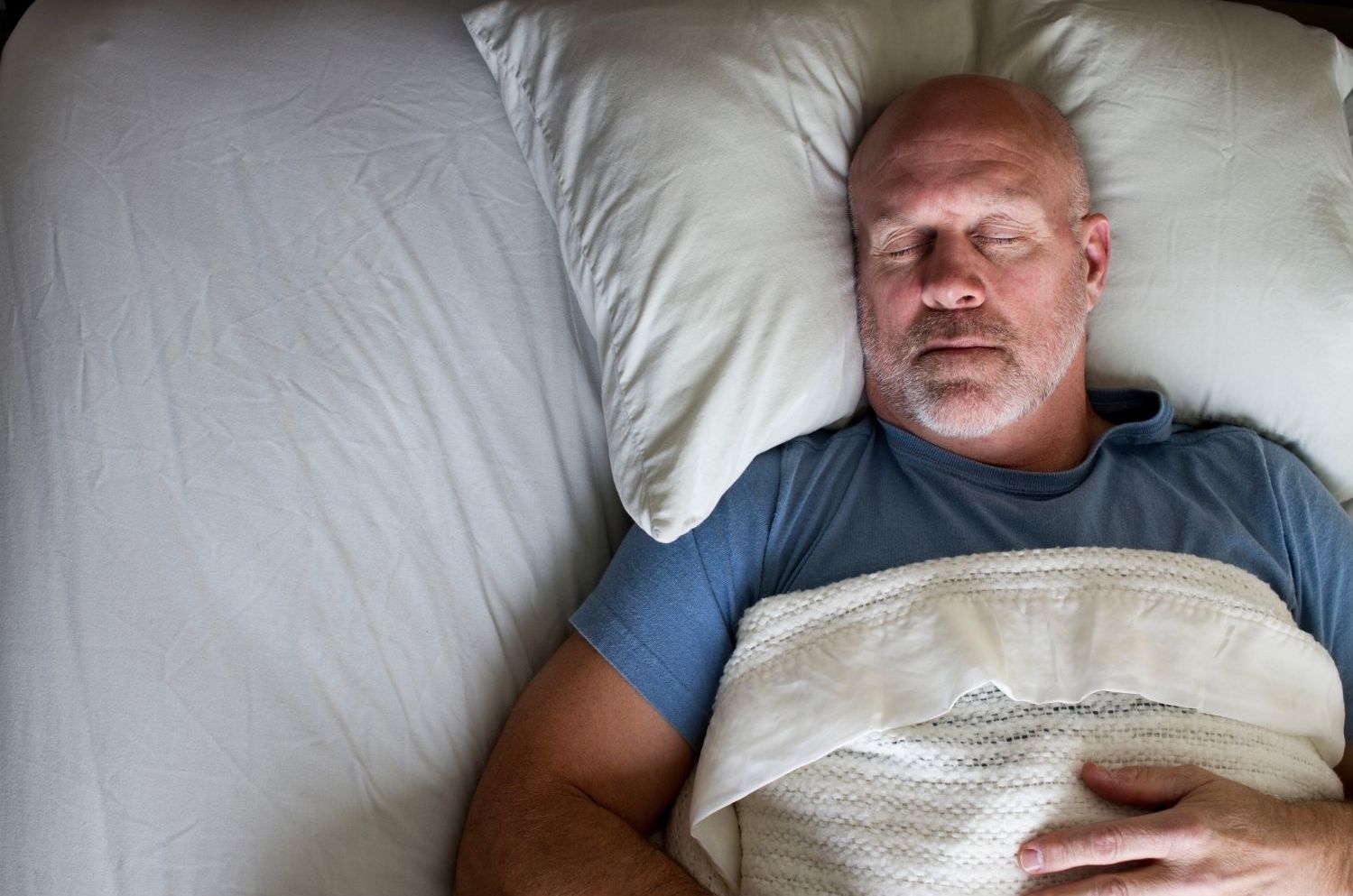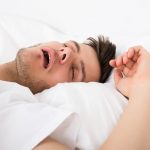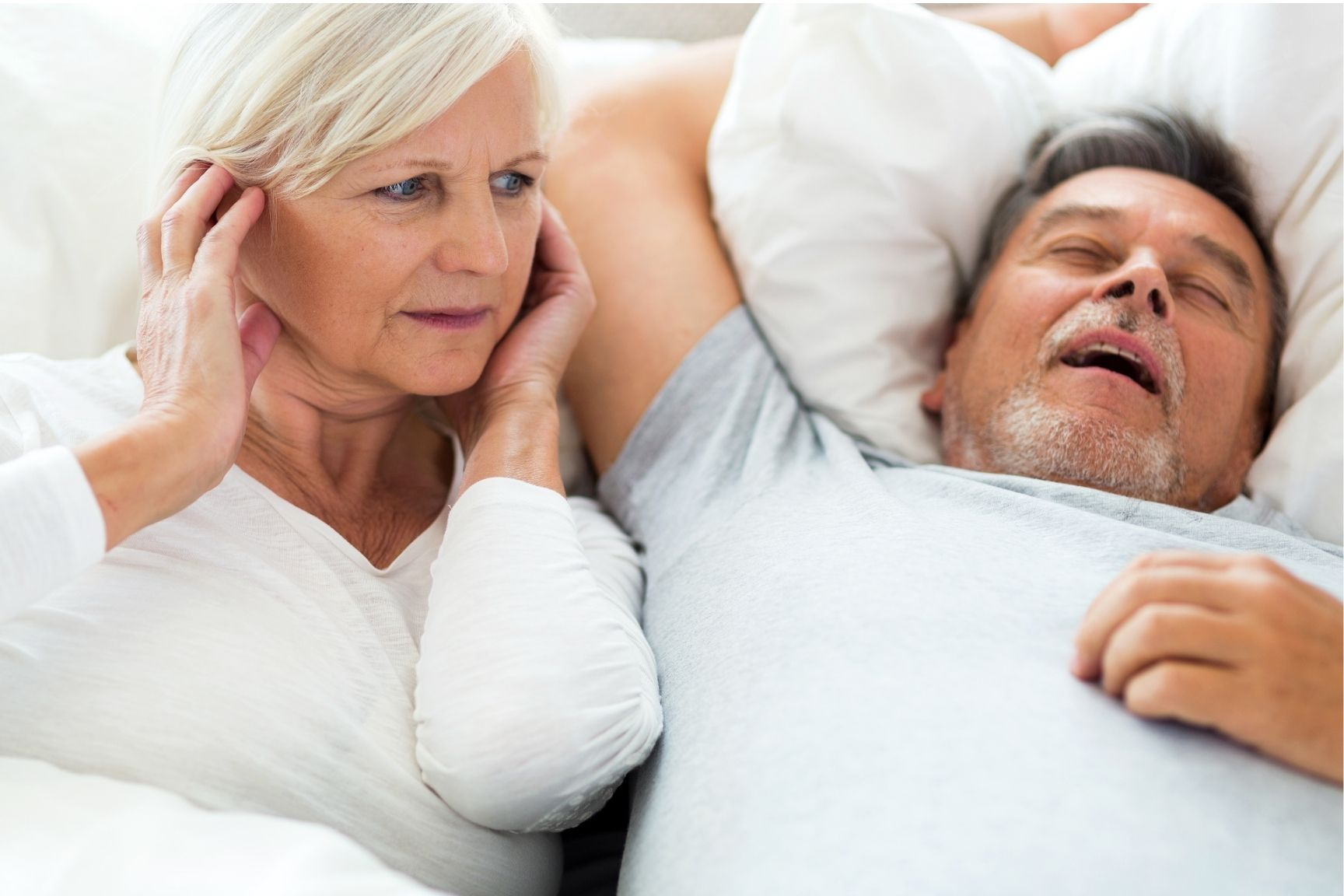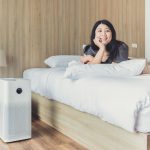Table of Contents
Can a Humidifier Help With Sleep Apnea?
Using a humidifier can potentially help improve some symptoms of sleep apnea by keeping the airways hydrated and lubricated during sleep. Humidified air prevents the nasal passages and throat from drying out, which can reduce inflammation, congestion, and airway collapse.
Sleep apnea is a common sleep disorder characterized by repeated interruptions in breathing throughout the night. This disruption in sleep quality can have major effects on health and quality of life. Fortunately, various treatment options exist for managing sleep apnea, including potential benefits from using a humidifier.
Understanding Sleep Apnea
Sleep apnea occurs when the muscles in the throat relax during sleep, causing the airway to narrow or close completely. This results in decreased oxygen levels and interrupted sleep.
There are three main types of sleep apnea:
- Obstructive sleep apnea (OSA) – The most common type, involving complete or partial blockages in the airway.
- Central sleep apnea – Where the brain does not properly signal the muscles to breathe due to instability in the respiratory control center.
- Complex sleep apnea syndrome – A combination of both obstructive and central sleep apnea events.
Sleep apnea signs and symptoms include:
- Loud, chronic snoring
- Episodes of breathing cessation during sleep
- Gasping or choking during sleep
- Excessive daytime sleepiness and fatigue
- Morning headaches
- Difficulty concentrating
- Mood changes like depression or irritability
Untreated sleep apnea can lead to potentially serious health complications:
- High blood pressure
- Heart disease
- Stroke
- Diabetes
- Liver problems
- Metabolic syndrome
Sleep apnea becomes more common in those who are overweight, smoke, or have a family history of the disorder. Other risk factors include:
- Obesity
- Large neck circumference
- Nasal congestion
- Small airway anatomy
- Male gender
- Age older than 50
- Use of alcohol, sedatives, or tranquilizers
With increased awareness of sleep disorders and their health impacts, an estimated 22 million Americans have been diagnosed with sleep apnea. However, many more cases likely go undiagnosed.
How Could Humidification Potentially Help With Sleep Apnea?
One of the ways a humidifier may help sleep apnea is by keeping the airway passages hydrated during sleep.
As we sleep, the airways can become dried out and irritated from breathing through the open mouth. This causes inflammation and swelling in the nasal passages, soft palate, uvula, tonsils, and throat.
The dried out, inflamed tissues narrow the airway at night. This increases airway resistance and vibration, resulting in loud snoring as turbulent airflow tries to squeeze through the narrowed space.
In severe cases, the airway can become so obstructed or collapsed that breathing is completely disrupted for 10 seconds or longer. These apneic events may happen hundreds of times per night, preventing restorative sleep.
By adding moisture into the air, a humidifier can keep these upper airway tissues lubricated and reduce inflammation. This may decrease swelling and keep the airways more open for improved nighttime breathing.
Humidification may also help thin out mucus secretions in the nose and throat. Thicker mucus can obstruct breathing, increasing sleep apnea severity.
Furthermore, dry air may cause mouth breathing at night. This bypasses the natural humidification that would occur breathing through the nose. Mouth breathing also exacerbates throat drying and collapse. Humidification can limit mouth breathing by enabling comfortable nasal breathing.
Evidence suggests sleep apnea is more common in winter. The cold, dry air typical of winter may dry out and inflame the upper airways. Therefore, humidification may be most beneficial in colder, drier climates to protect the airways year-round.
While humidification therapy shows promise for milder cases of sleep apnea, CPAP remains the gold standard treatment for moderate to severe OSA. CPAP involves wearing a specialized mask at night connected to a machine that provides constant pressurized air to keep the airway open. This immediately eliminates apneic events in most patients.
But for those with mild sleep apnea or who cannot tolerate CPAP therapy, using a humidifier may provide partial symptom relief according to early research findings.
Under physician guidance, humidification therapy can potentially be used alongside other OSA treatments like CPAP, oral appliances, and sleep position therapy for additional benefit. It should not be relied upon as the sole therapy in severe cases.
Tips for Using a Humidifier for Sleep Apnea
If attempting humidification for sleep apnea symptoms, keep these tips in mind:
- Choose either a cool mist or warm mist humidifier based on your needs and preferences. Warm mist humidifiers can usually disperse more moisture.
- Place the humidifier on the bedroom floor or nightstand near the bed pointing in the direction you will be facing when sleeping. This helps direct airflow towards your nose, mouth and throat.
- Humidifiers are available in room sizes from portable travel models to whole home console units. Choose an appropriate capacity for the bedroom size.
- Change the water daily and clean the tank weekly to prevent mineral deposits and growth of mold or bacteria. Use distilled or boiled water for best results.
- Monitor indoor humidity levels with a hygrometer. Ideal bedroom humidity for sleep is around 30-50%. Too much humidity can promote mold growth.
- Try using the humidifier for steam inhalation of moist air for 10-15 minutes before bedtime to relieve any nasal congestion. Add medication to the water if advised by your doctor.
- Note any improvements or adverse effects in snoring, sleep quality, congestion, dryness or other symptoms when trying humidification therapy. Adjust settings accordingly.
- For severe or difficult to control sleep apnea, consult your doctor about using a humidifier alongside CPAP or other standard therapies for optimal results. Do not rely solely on a humidifier alone.
Other Considerations for Humidifier Use With Sleep Apnea
While the right humidifier can be beneficial, there are some other factors to keep in mind:
- Humidifiers may not fully treat sleep apnea, especially moderate to severe cases. Use under physician guidance along with primary OSA therapies like CPAP.
- Combining a humidifier with CPAP may further enhance efficacy and comfort, although more studies are needed.
- Take care to not overhumidify which can worsen congestion and breathing difficulties. Monitor humidity levels.
- Discontinue use if humidification causes adverse effects like excessive dryness, thick mucus, or irritated nasal passages.
- Clean humidifiers frequently to avoid dispersing mineral dust, mold, bacteria or allergens into the air.
- Room air cleaners with HEPA filtration can also be used to ensure clean, purified air and reduce irritants.
- Consider potential lifestyle modifications like weight loss, positional therapy, smoking cessation or medication changes to help treat root causes of sleep apnea alongside humidification therapy.
- Use a humidifier as just one part of an overall sleep apnea management plan under medical guidance.
Conclusion: The Bottom Line on Humidifiers for Sleep Apnea
Research indicates that humidifier therapy may potentially provide some relief in mild to moderate obstructive sleep apnea by keeping the upper airways hydrated and open for improved breathing at night. Patients in certain studies also experienced decreased snoring, improved sleep quality, less dryness and daytime fatigue when using humidification.
However, current evidence is still limited and conflicting, with more research needed to standardize protocols. Humidification should not be used as a substitute for primary OSA treatments like CPAP in severe cases, but may provide additional benefits when used together under medical supervision.
Monitoring humidity levels, cleaning the equipment, and watching for any adverse reactions are important when using a humidifier for sleep apnea. Overall, humidification seems a promising supplemental therapy to discuss with your physician as part of a comprehensive sleep apnea management regimen.

